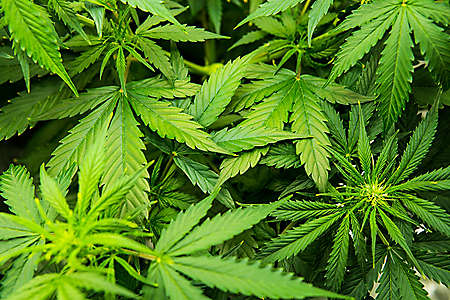Many consumers mistakenly believe that all CBD or hemp products are created using the same process and that the quality of the end products is largely identical. The truth, though, is radically different. Kemin understands that how you extract CBD matters which is why we’re committed to using subcritical CO2 extraction for our Luxiva™ product.
CO2 Extraction
To obtain CBD from hemp, an extraction process must be used. There are numerous different extraction methods that are commonly used, including CO2 extraction or solvent extraction. However, not all extraction processes are created equally. For instance, extraction methods that use solvents, like ethanol, may leave large amounts of trace chemicals behind that could be unhealthy to consumers. Because of these concerns about chemical byproducts, Kemin has selected a different way to produce Luxiva, using CO2 extraction.
The CO2 extraction process works by using pressurized carbon dioxide to extract CBD from the hemp plant, it does this in a way that is environmental and consumer health friendly. Although CO2 extraction is often used as the generic term for any extraction involving pressurized carbon dioxide, there are two distinct extraction processes known as supercritical CO2 extraction and subcritical CO2 extraction. The subcritical CO2 extraction process is one that Kemin uses.
Supercritical CO2 Extraction: The More Common Approach
Supercritical is a scientific term that refers to the temperature and pressure of a substance, in this case, carbon dioxide. A supercritical substance has been heated up and pressurized beyond its usual critical state, and in its supercritical state, it has the form of both a liquid and a gas. At this high temperature, high-pressure state, it is then combined with the hemp to carry out critical extraction work. Although the supercritical process is quicker and more efficient than other extraction processes, it’s also incredibly harsh on the hemp plant. As a result, upon completion of supercritical CO2 extraction, the hemp may no longer be in its natural state, which means it may lack the beneficial cannabinoids and terpenes that consumers are looking for in a CBD product.1

?$imageGallery$)
?$imageGallery$)

?$featuredContent2$)
